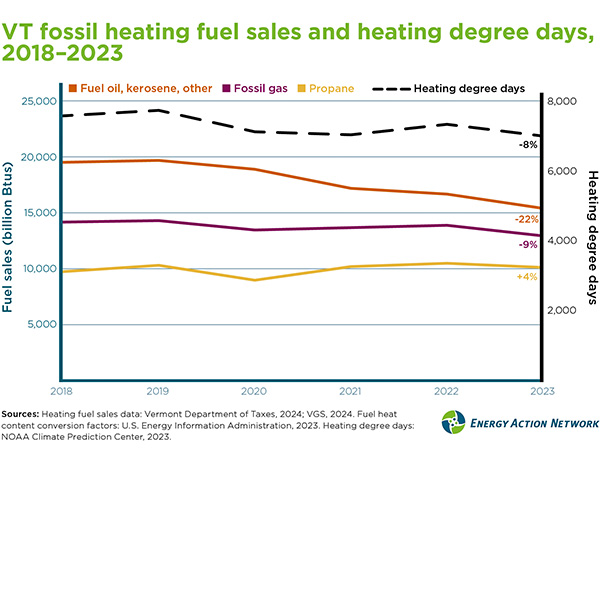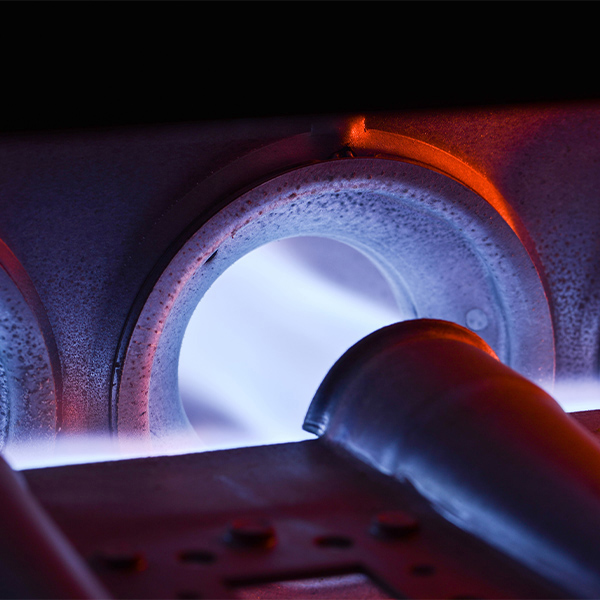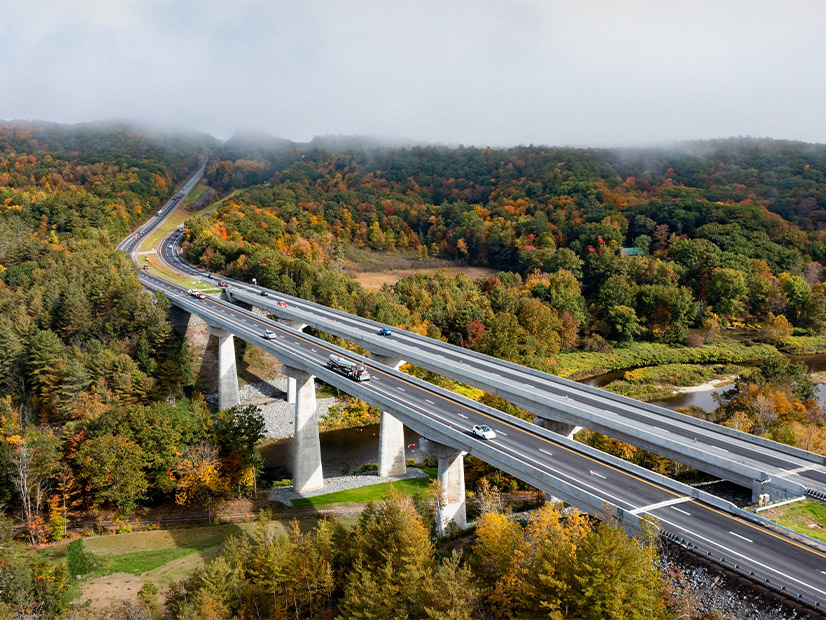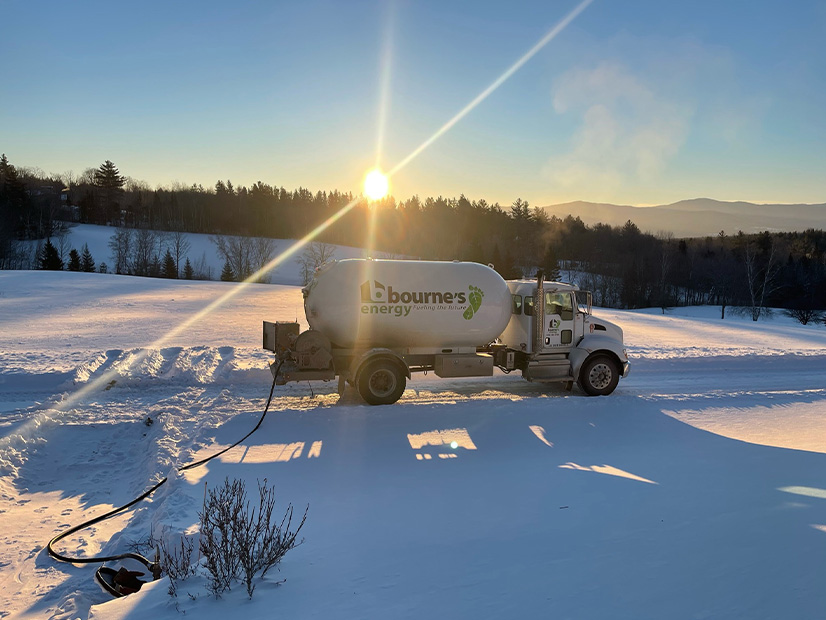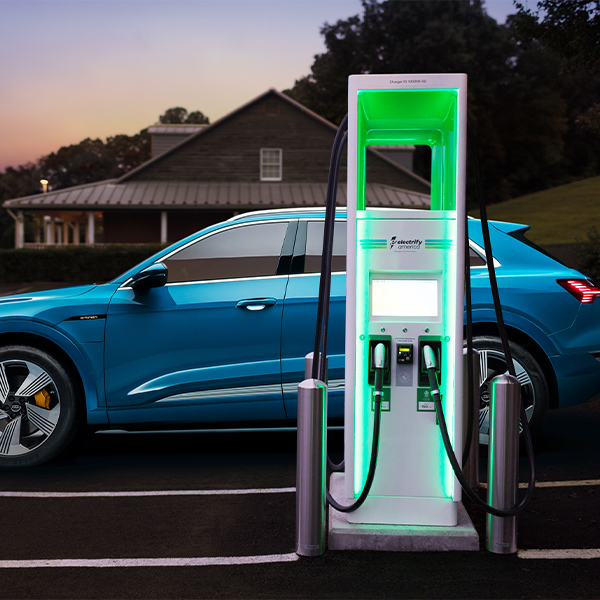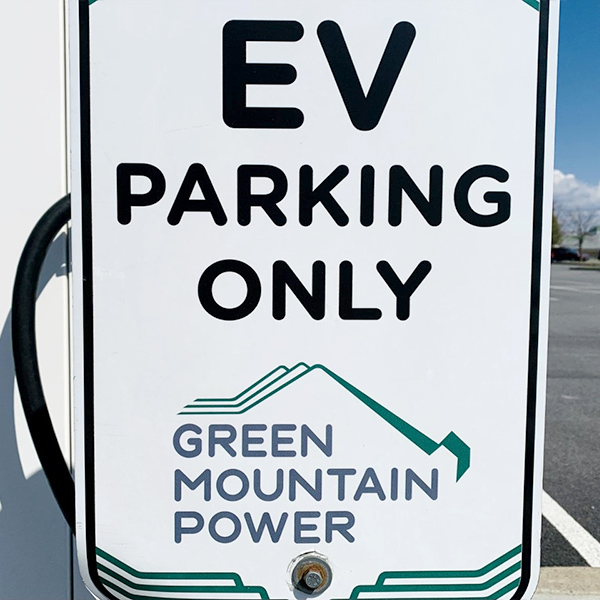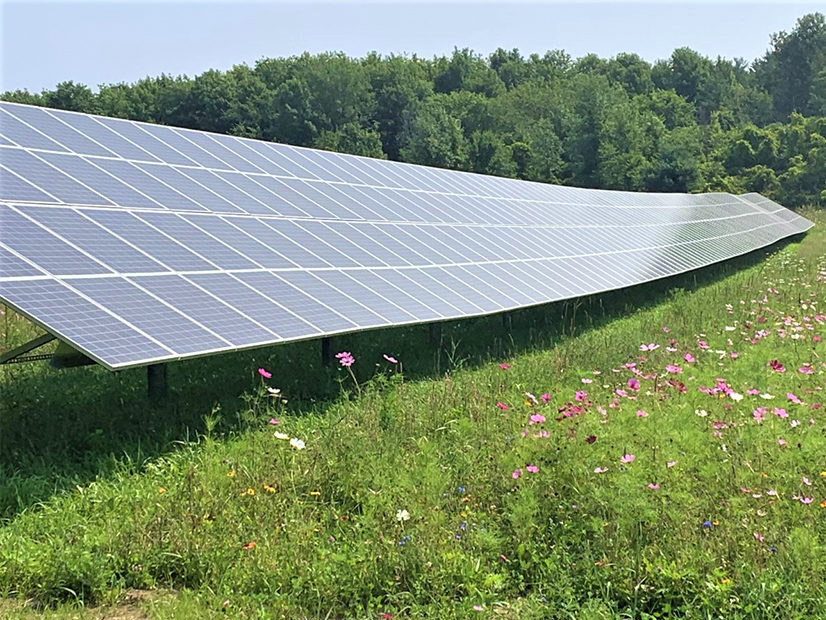Vermont Climate Action Plan
Vermonters are using less fossil fuel for heat in recent years, partly because winters have been trending warmer but also because more buildings are relying on electric heat pumps.
Vermont Gov. Phil Scott vetoed a bill to create a Clean Heat Standard, saying it had no detail on costs and impacts.
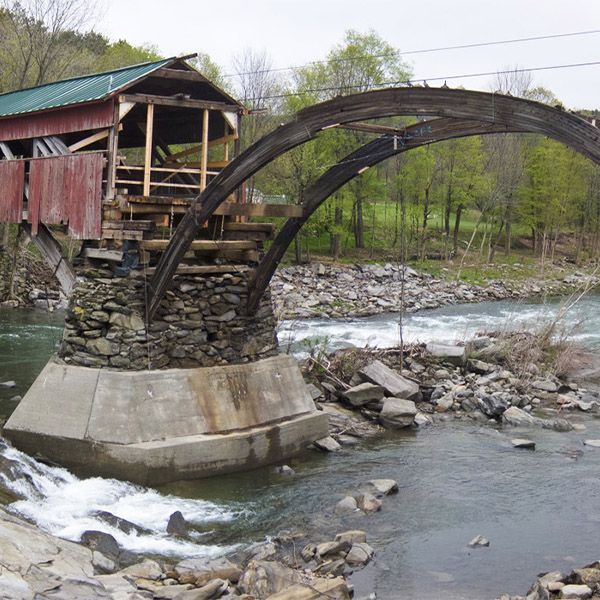
Stephen Flanders, CC BY-SA 3.0, via Wikimedia Commons
The Vermont Senate passed a bill 28-1 that would, for the first time, legally define what environmental justice means in the state.
Vermont’s House of Representatives passed a bill that would implement a clean heat standard, as recommended by the state's Climate Council.
A task group of the Vermont Climate Council will take an extra six months to identify an alternative to TCI-P for reducing transportation emissions.
Vermont lawmakers are working on a bill that would implement a Clean Heat Standard in the state starting in 2024.
The Western Climate Initiative is one option the Vermont Climate Council will explore to replace TCI-P in its Climate Action Plan released in December.
Under Vermont's plans to ramp up EV adoption, gas tax revenue losses from light-duty cars could total $80 million in 2050, according to a new study.
Transitioning to 100% ZEV sales in Vermont will be a challenge, as 85% of its passenger vehicle sales are currently higher-priced SUV and truck models.
The Vermont Climate Council voted 19-4 to adopt an Initial Climate Action Plan with the expectation that it will update it next year.
Want more? Advanced Search
